31 OCTOBER, 2019 | 4.5 MIN READ.
THE WORLD'S PEOPLE ARE PROTESTING
- HOW DOES REBELLION AFFECT INSURANCE
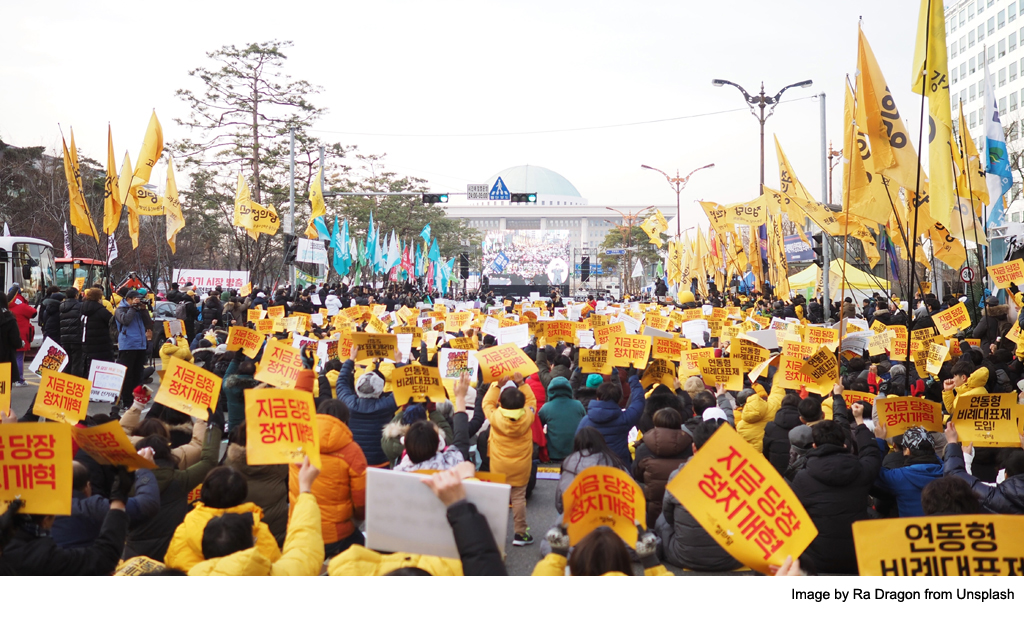
All over the globe, ordinary people of every age are taking to the streets to protest about climate change. The Extinction Rebellion sits at the heart of the world's new thirst for civil disobedience, and people are gathering in their tens of thousands, even millions, to try to force governments to do something about the warming climate before its too late.
Against this complex, fast-changing social landscape that seems to be affecting most of the world, what are the insurance implications of the ongoing civil disobedience, protests, marches and more?
CIVIL OBEDIENCE AND THE INSURANCE SECTOR
Civil disobedience can affect businesses. If your business is on a street where there's a protest, your premises gets damaged, or you are unable to carry out business because of a march or riot, you can often make a claim for damage or business disruption or interruption. It happened in Ferguson, Missouri, USA in 2015 when rioters caused issues for retail, hospitality and other entertainment-related businesses in the area, and several companies were disrupted thanks to official city-wide curfews.
As it turned out, companies that didn't have the right cover against 'civil authority and unrest' couldn't claim payments for physical damage, for loss, or for not being able to gain entry to their own premises. As a result, the US insurance sector provided some advice for the future. They suggested that businesses should review their insurance coverage to 'make sure they have the proper terms, limits and retention'.
Companies were also advised to 'secure documents to better ensure payment of their claims', and officials recommend that businesses review their contingency plans to see if they can move quickly to another location during times of unrest while making sure their suppliers and partners do the same.
IS PROPERTY DAMAGE CAUSED BY RIOT, CIVIL COMMOTION AND VANDALISM COVERED?
Looting, vandalism and fires can cause extremely costly damage. Depending on the nature of the property that's been damaged, insurance can protect your finances from most types of civil commotion.
Standard homeowners policies include fire,
explosion, riot and civil commotion, vandalism and malicious mischief.
This includes the structure of your home, your personal possessions, and additional living expenses in case you have to move out while repairs take place, covering things like your hotel bills, restaurant food, and any other expenses you have to meet while work is taking place on your home.
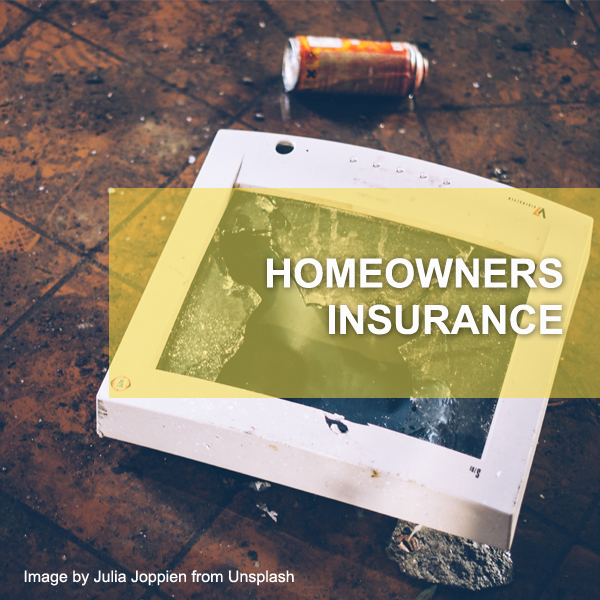
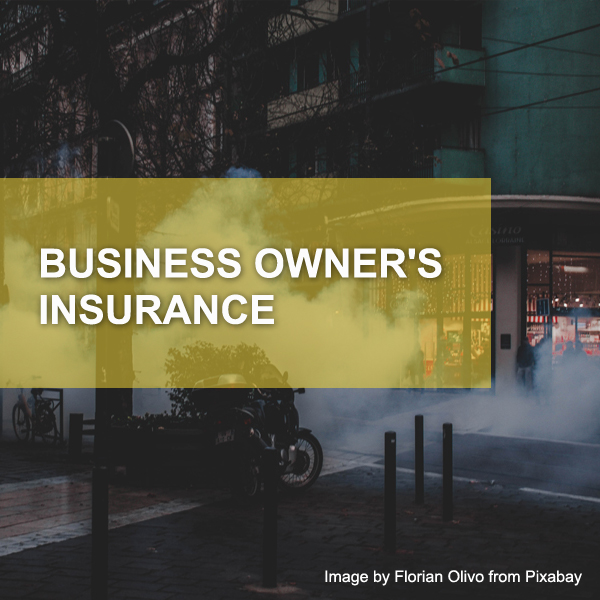
Business owner's insurance covers damage to the physical attributes of a business and its contents caused by fire, riots, civil commotion or vandalism. It rarely covers plate glass windows but you can often insure those separately.
If you have to stop work and shut down or limit your opening hours because of rioting, your policy might include loss of income under business income insurance, also called business interruption insurance. But this only applies to physical damage, not income. You'll need to add a 'civil authority provision' to your business policy to cover lost income and extra expenses in case the police won't let you access a specific place because of a riot or civil commotion.
Riot-damaged cars are only covered by comprehensive auto insurance. It pays out for damage to the vehicle and its contents caused by fire, falling objects, vandalism and riot. Some companies include cover for auto glass without a deductible.
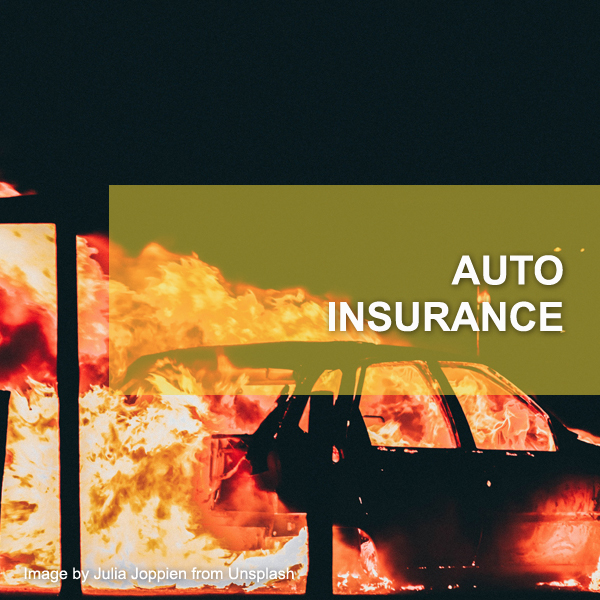
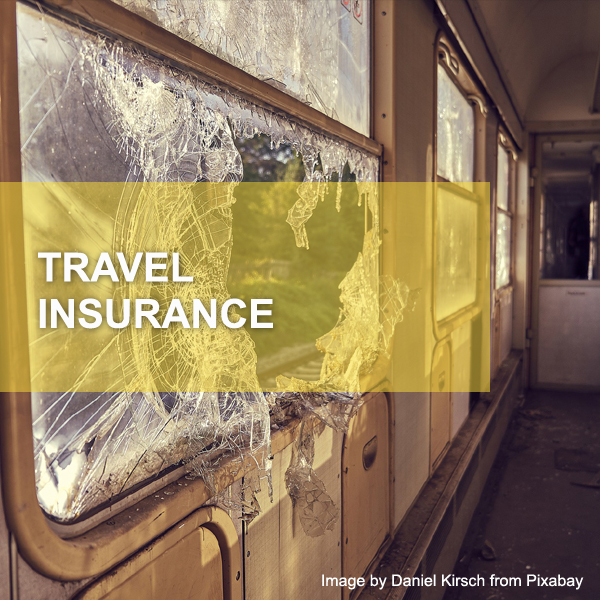
Nearly every travel insurance policy excludes war
and civil war, either declared or undeclared. If your
trip is delayed or you have to cancel it because of
war or civil unrest, you can't make a claim. Civil
unrest is defined as violent protests, riots, arson,
looting, occupation, border violations and armed
uprisings.
A few policies offer political evacuation or non-medical
evacuation cover, which transports you to
a safe place if trouble arises. Others include 'riot' in
the reasons, you are covered for travel delays. Our
advice is to check your policy before you travel.
NOT UP-TO-DATE WITH OUR MONTHLY ARTICLES? FIND ISSUES HERE
IF IT CAN HAPPEN THERE, IT CAN HAPPEN ANYWHERE. OVERCONFIDENCE IS USUALLY HOW LOSS SNEAKS IN
AKTIV ASPAC AT MIAPEX 2025:
WHERE COMPLIANCE MEETS CONNECTION
TRANSPORT LITHIUM BATTERIES SAFELY – A RISK & INSURANCE PERSPECTIVE FOR FREIGHT FORWARDERS
ERRORS & OMISSIONS
GROWING A PICKLEBALL BUSINESS? DON’T OVERLOOK INSURANCE
MALAYSIA'S DRAMATIC MONSOON FLOODS - HOW INSURANCE HELPS
A YEAR TO REMEMBER - 2024 TYPHOONS, FLOODS, SHIPWRECKS AND SINKHOLES
PROSTHETIC PIRATE LEGS, RIVERBANK COLLAPSES, HALF A MILLION JOBS IN AI AND MORE
BOOMING INDUSTRY, POTHOLES, MID-AIR THEFT AND EMPLOYEE SHORTAGES
UNSEEN INSURANCE STORIES BEHIND THE HEADLINES
